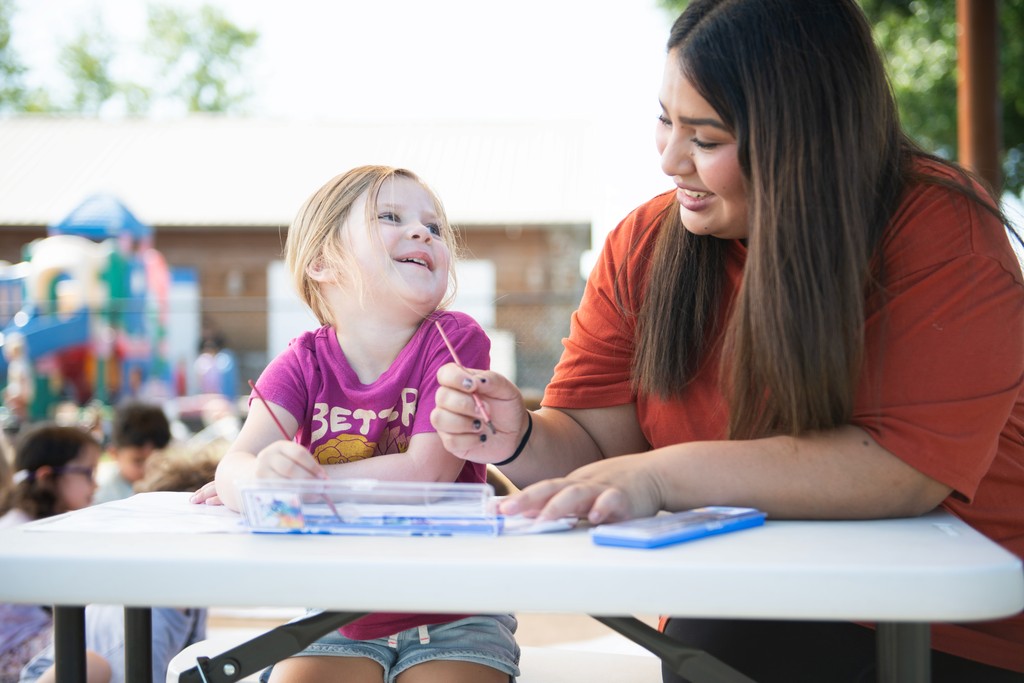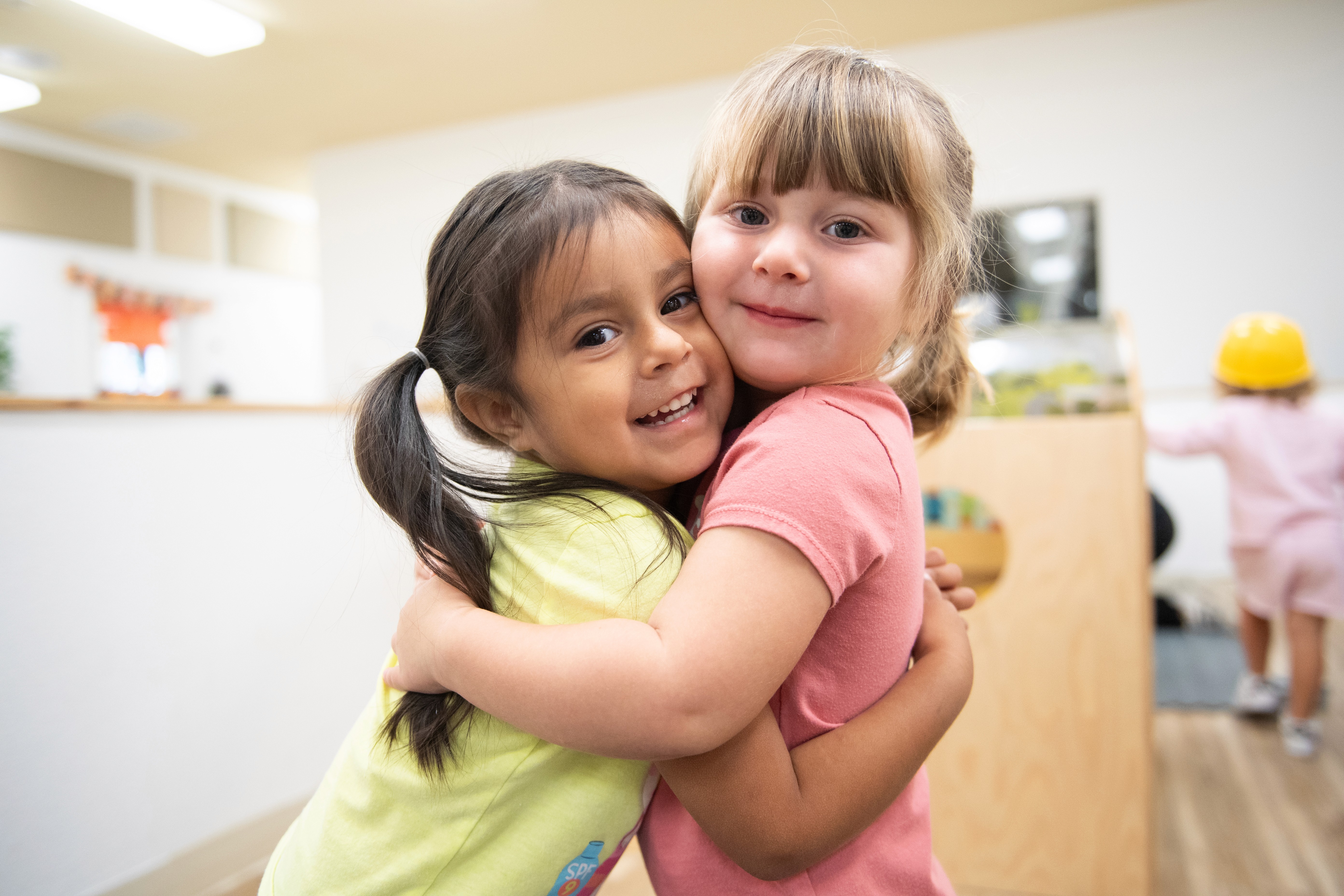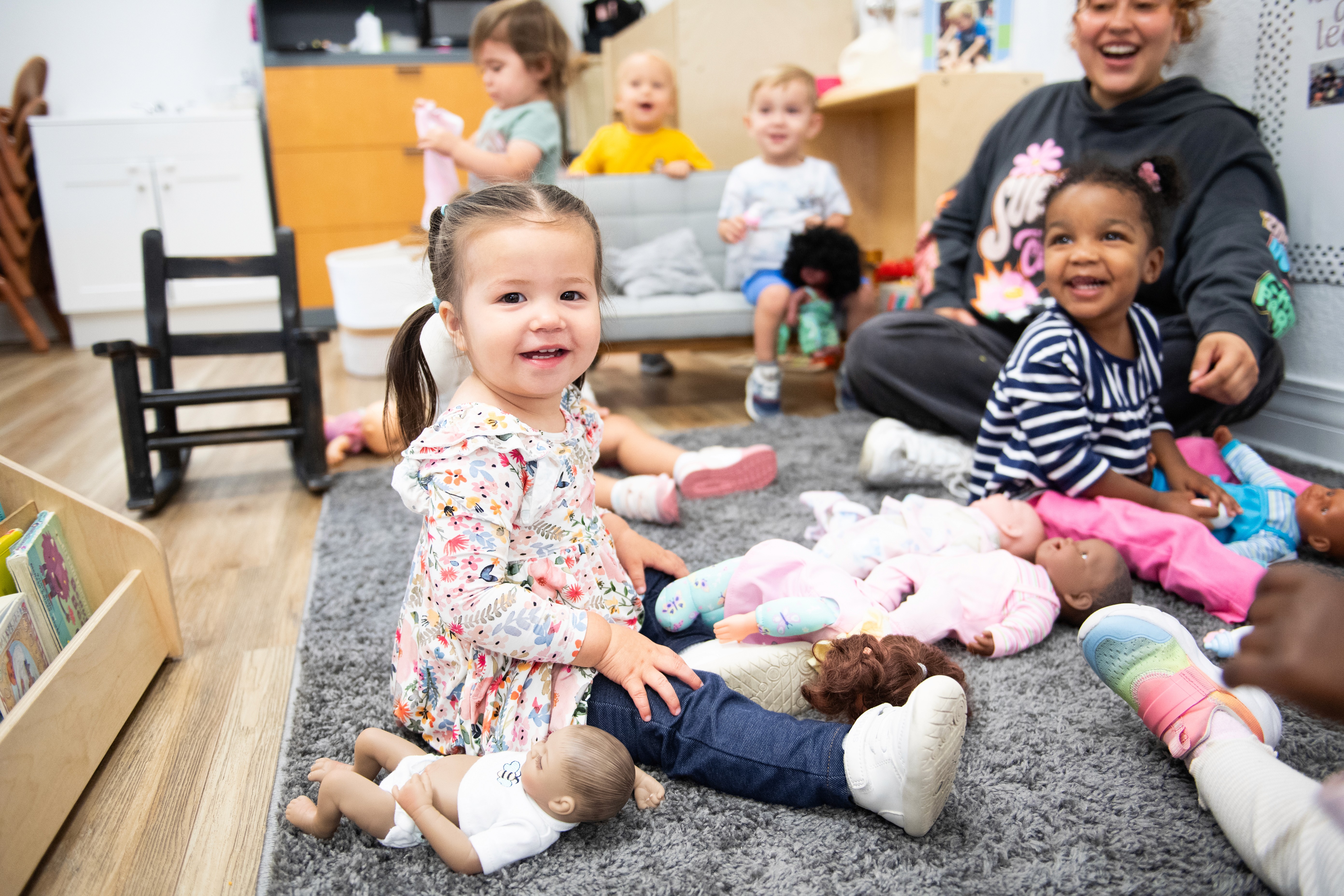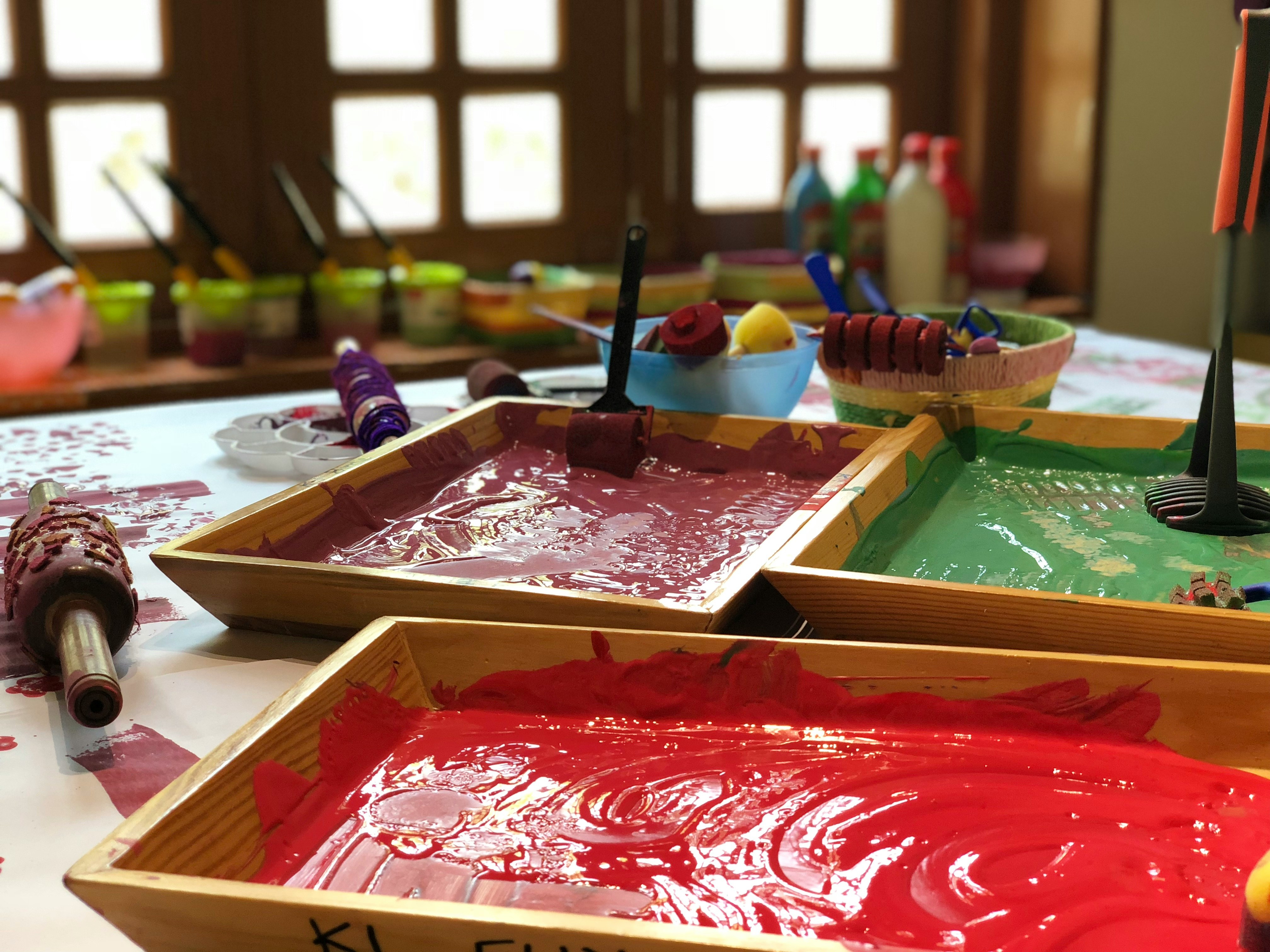Benefits of Bilingualism
There is no question regarding the benefits of bilingualism. It is proven that children who are fluent bilinguals outperform monolingual speakers on tests of meta-linguistic skill. Many research studies cite the cognitive-linguistic benefits of being a fluent bilingual speaker. We go beyond that to ensure that our children are also bi-literate by following up with our preschool graduates in our elementary after-school program.
Focus on the Minority Language
Living in Northwest Arkansas, while there is a large Hispanic population and many Spanish speakers in our midst, Spanish is still the minority language. Even students with Spanish speaking homes require a focus on the minority language in order to develop any level of fluency. Our teachers are instructed to speak only Spanish, using English only when absolutely necessary. We likewise encourage our students to use all the Spanish they know using English only when they don’t have the ability to use Spanish.
Our model is based on the following knowledge of language development:
All children have the innate ability to acquire language.
The human brain is wired for language acquisition. From infancy, children are observing and taking in the world around them. Even children with speech / language delays can succeed in our program. It is a myth that students struggling in one language will be hindered more by exposure and instruction in a second language.
The Early Beginning
The development of communication skills begins in infancy, before the emergence of the first word. Children will experience the most success with language learning when they are simultaneously bilingual. This means that they are learning multiple languages at the same time. If you learned a language later in life as a "second language" that would be considered sequentially bilingual. As infants, we can hear and detect all the nuances in human speech. As we grow, our brains are programmed to the sounds we have experienced. Students will have the most success in our program if they start earlier.
The Silent Period
All students will experience up to a year or longer of the phenomena known as the silent period. This is when students are unwilling or unable to express themselves in the new language. Students' receptive language develops long before their expressive language. Our job is to provide a rich and diverse language input for students and then provide the best motivation and opportunity to express the language.
It doesn't happen by accident
It is a myth that children will be able to develop fluency simply by being exposed to a second language. Teachers and staff are trained to encourage students to express themselves in the target language and help increase their comprehension. It may appear that we are "just playing," but the activities that teachers plan are specifically designed to help children develop language skills. All activities are developmentally appropriate for students to motivate them to reach their full potential.
Reality
Since we are a very young school, over fifty percent of our preschoolers are in their first year with us and come from monolingual, English speaking homes. If you walk into our preschool classroom, you will find children speaking to one another primarily in English. As we grow and children grow up within our walls, this phenomena will decrease and we will hear more authentic, spontaneous Spanish speaking.

Frequently Asked Questions:
What if my child is upset and does not understand the teacher or what is happening?
All of our lead teachers are bilingual. They are able to understand the children and respond appropriately. They will always ensure that the child is safe and secure. If that means they need to switch to the child's home language, they will.
Will my child be ready for kindergarten and be competitive with his peers when moving to a monolingual environment?
Our dual-immersion model provides for 10% of pre-k instruction time in English. We call this our "Kindergarten Crew" time. Our highly qualified pre-k teacher puts on her English hat and drills English letter names and sounds. We are constantly monitoring our students to make sure they are not deficient in any way. If we notice a child needs additional support we will provide them that individualized instruction.
Our home language is not English or Spanish. Will my child still be able to succeed?
Trilingual children make up about 25% of our student body. Bilingual children adding another language are already wired for language learning. They will likely experience more success than others.
Sign up to become part of the family!

© 2024 Casa Castillo | Bentonville, Arkansas










